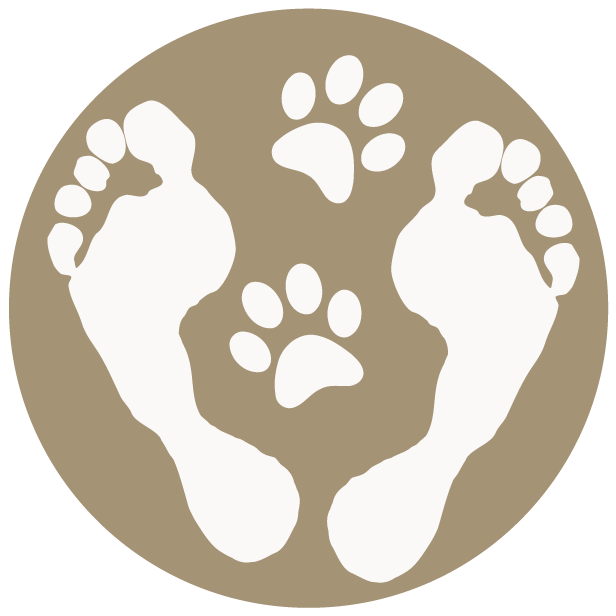“playful” does not equal *socially skilled*
I've written pieces on this before, but this bears repeating.
Over. And over. And over again.
**A playful dog does not mean a socially skilled dog.**
These are two entirely different things.
"Play" is a type of conversation.
"Playfulness" is a characteristic. While "play" does play a part in practicing, interpreting, and building social skills, it does not translate directly into a socially skilled or equipped dog.
"Play" should be an active and equal exchange that involves:
- invitation,
- getting a read and a feel/ gauging level of interest,
- permission, and
- engagement.
The conversation should be between two interested and willing participants, and involves a dog's ability to read, assess, interpret, control impulses, and allow the other dog to do the same.
Relationship cannot and should not be rushed or forced. Same with this type of conversation.
The general public defines "socialization" as a dog's ability to "play" or "be friendly".
"I want my dog to have lots of dog friends"...
"I want my dog to play with other dogs"...
These are human hopes and expectations placed on dogs, which only sets dogs (....and other dogs) up for risky, potentially harmful situations (which also damages relationship between the dog and the dog's human putting them in those situations).
Not all dogs are playful dogs.
And not all playful dogs are socially skilled dogs.
A playful, jumping-out-of-their-skin, overcome-with-arousal-and-excitement, rushing-up-to-a-strange-dog's-face dog is not a socially skilled dog; and is interpreted in the canine world as imbalanced, chaotic, out-of-whack energy (which different dogs will have different responses to).
A socially skilled dog will likely communicate very clear boundaries (which will be misinterpreted by the human) if they're approached this way, essentially indicating "don't bring that noise up in here."
While dogs have a right to "have their say", it's on us--- as "parents"--- to take that pressure off of them. To trust and know they're safe being under our guidance and lead. And, in doing so, they can relax and enjoy being out with us. We'll take care of and ward off anything that's being rushed, forced, rude, invasive, or uncomfortable.
PackFit defines socialization as "the process of developing a dog's ability to coexist comfortably, share space respectfully, and cultivate an appropriate manner of conduct."
Proper socialization involves a number of things, and we've identified and outlined the majors:
- respectful space sharing (remember, there are 4 levels of space: public, social, personal, and intimate. Not everyone deserves immediate or direct access to our personal and intimate space),
- approach (is the dog's approach too abrupt? pushy? invasive? too forward? with an overwhelming amount of arousal and excitement? too intense? ... or is the approach soft? polite? respectful?)
- attitude (what the dog brings to the table; how the dog is showing up in their space and responding to what's around them),
- play (a light-hearted conversation and interaction between dogs that should be an active, balanced exchange of give and take by interested and willing participants),
- communication skills (a dog's ability to read, interpret, share, and receive information with accuracy),
- association (the emotional connection and meaning a dog develops and attaches to a certain person, animal, place, situation, or thing; can become catalogued as "safe" or "unsafe"), and
- exposure (sharing space with other people and animals; experiencing different places, situations, or things in order to develop a strong level of comfort, safety, security, and a positive association).
Before inserting your dog in situations with other dogs, know thy dog.
And learn more about your dog- as the dog and the individual.
Hope this serves you!

